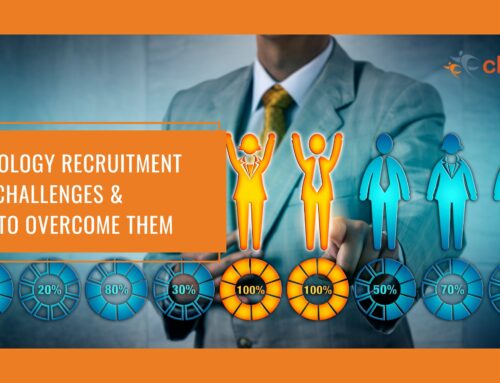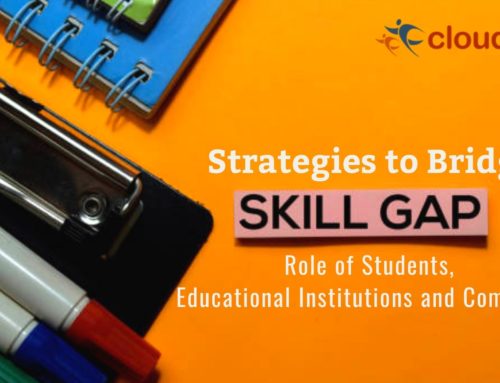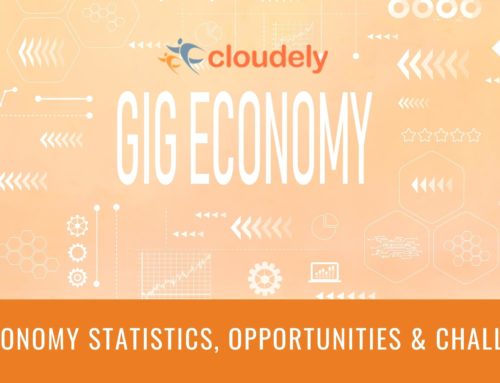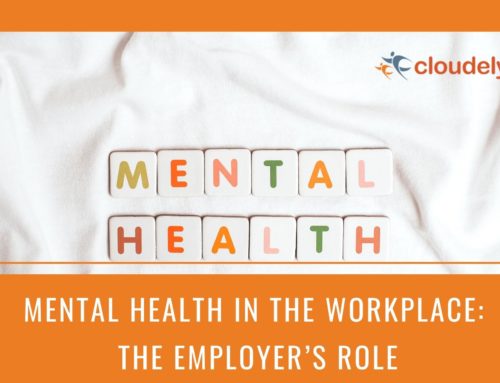Millennials in the workplace are bringing many changes to companies, and more are on the way. They reflect a majority of a company’s work culture and potential. According to a study by the Society for Human Resource Management, the number of millennials in the workforce is expected to rise by 5% by the end of 2021. Moreover, companies need to recognize the potential that millennials bring to the workplace and craft strategies to utilize it to the best.
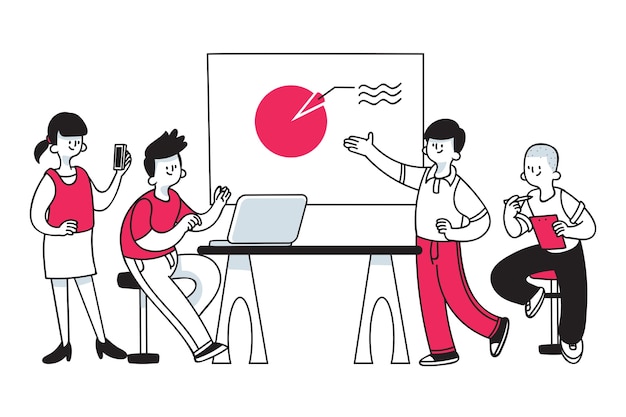
As an increasing number of millennials enter the job markets, understanding what they are looking for helps companies accommodate their needs better. This article guides companies in comprehending what the millennials need and how they can attract and retain millennials in the workplace.
Table of Contents
What Are the Millennials Looking For?
The organization’s purpose
A study by Deloitte states that millennials in the workplace decide whether or not to join a company depending on its purpose. The organization’s purpose also contributes to Generation Y’s motivation to accomplish tasks even though they are challenging.

Companies looking to hire millennials in the workplace need to define their mission statement and purpose. They could also explain their vision to the millennials.
What is the company planning to accomplish in the long term?
Where does the company see itself five years down the line?
Questions like these hone in on the purpose, which millennials are targeting to understand. This also tells the millennials that your organization is an open-minded place to doing things the unconventional way.
Millennials in the workplace bring along with them dashing energy and passion for accomplishing challenging tasks. The Deloitte study also found that the millennials are keen to contribute to the company’s bigger goals through innovation.

Companies could become more flexible on the traditional approaches that they have used for ages. Millennials are asking for support and mentorship in coming up with innovative solutions.
A brand that values individual goals
Millennials in the workplace are looking to contribute to the company’s goals. But they are also keen on working in a company where they can attain personal growth. It could be through certain mentorship programs that the company hosts or informal events that the company organizes outside the workplace. The idea is to make the office as close to a second home as possible for the millennials.
A place that fosters a collaborative environment
Millennials in the workplace prefer a culture that is open and informal. The Deloitte study also found that the millennials prefer collaborative communication to be informal like chatting. This way, many conventional norms are being rewritten by millennials in today’s work environment.
They want to be a part of the company’s mission and motto. Companies could involve millennials in decision making. Although the millennials could be new to the company, they surely bring a fresh perspective and innovative thinking.

Balancing work, life, and everything in between
Millennials in the workplace today prioritize balancing their work and personal lives. Companies that accommodate their needs by offering a certain degree of flexibility have a greater chance of retaining millennials.
What Can Companies Offer to Attract Millennials
Flexibility in working hours and style
The 9 to 5 days are slowly becoming a thing of the past. Millennials in the workplace in today’s generation are demanding increased flexibility in working hours. They are likely to tend towards companies that offer flexible work schedules and telecommuting.
Companies could provide an open-ended work schedule to their employees. Millennials who can get the work done with the set deadlines irrespective of where they work from have a greater chance of retaining in the company.
Such measures would ensure better levels of satisfaction among the employees, thus their productivity spikes as they experience less conflict between work schedules and personal obligations.

For such tasks that do not require an in-person presence, supervisors could give millennials the flexibility to complete the tasks at home.
According to recent research, the productivity of people who began working from home in 2020 increased by as much as 15%. As the number of millennials in the workplace increases, companies can expect to see this number rise.
Related: Hiring strategy for Startups
Mentorship programs
Millennials in today’s generation are willing to be mentored and are appreciating honest, constructive feedback. Companies that are investing in building these skills are also investing in retaining their existing employees.

Companies with mentorship programs for the incoming millennials are benefiting from their loyalty and potential. A well-thought-out mentorship program will help the company in attracting and retaining millennials.
The company could assign a mentor per employee or for a group. The mentor should be in constant touch with the group and work with them to reach their professional goals. A motivating mentor would expose them to new responsibilities to instill confidence in them and teaches them how to do work efficiently, and smartly.
Hence, by providing mentorship programs, companies are also providing professional growth opportunities to their employees.
Appreciating and valuing their inputs
A recent survey found that 70% of the millennials in the workplace stated that they were not feeling very engaged and productive in their work. Shockingly, almost half of them said that they do not plan to be with the same company for the next five years.
Millennials need to feel that they are valuable to the company and that they are doing important work. The same survey mentioned above states that millennials in the workplace feel productive and engaged when they are a part of challenging tasks.
Encouraging budding leadership skills
Companies benefit from honing and encouraging millennials in the workplace by exposing them to new responsibilities and building their leadership skills. Today, 30% of the millennials hold leadership positions in corporate and non-profit industries. These positions include managers, executive editors, and more.

Providing power breaks
Millennials bring fresh perspectives and innovative ideas to the company. To make maximum use of their potential, companies need to include properly scheduled breaks into their work culture. Such breaks allow millennials to step outside the office every once in a while to destress and gather some fresh ideas. This habit will also spark creative ideas to challenging projects.
Showing a cause for social impact
Multiple surveys have found that millennials today are driven by the purpose of the companies where they work. They need something to work towards at all times. Companies that have a certain kind of social impact are more likely to retain their employees.
Millennials are looking to contribute to a cause meaningfully. If a company begins to invest in doing good for society, then the millennials will work towards it as well.
Turning into a company with sustainable habits
For better or worse, climate change has become a household name in today’s world. Among all the people in the world, the younger generation is more aware of this harsh reality.
Millennials are already contributing to NGOs and other organizations working towards reducing or minimizing the carbon footprint. When they are doing good work for the environment outside of their work environment, millennials would think twice before working for a company that is spoiling the environment.

Companies that work towards building sustainable practices both within the company and outside have a better chance to attract millennials. These habits take time to stick, but they don’t have to be complicated.
Simple gestures such as installing a compost bin outside of the workplace or encouraging employees to come to work on a bicycle instead of their cars will help. These are the simple yet effective changes that companies can make to convey their intention toward building a healthy and safe world.
Related: How to craft career goals?
Building an inclusive and diverse workplace
Discussions are happening on race and equality at a global level. In most countries, the millennials are at the forefront of those discussions. Millennials want to work in a diverse work environment that is free from racial bias.
Companies looking to attract millennials need to show them the diverse workplace. Many companies have begun including an official diversity statement on their code of ethics or their websites. The trend is going in the right direction and needs to continue.

A one-on-one learning environment
The human resources department plays a huge role in this point. HR is often the face of the company. They are the first people to interact with potential employees. They are also the point of contact for communication within the company. Millennials of today’s generation are valuing a workplace that is open to learning.
A slight change from the past, millennials today are aware that each person is different and has a different mindset. They are seeking companies that are sensitive to customized learning environments. Companies seeking millennials could consider establishing mentorship and HR departments with enough staff to provide detailed attention to each employee.
Millennials state that a customized learning environment makes them feel valued and cared for by the company. Besides, this will inevitably lead to loyalty in the long term and benefit the company.
Summary
Millennials in the workplace are valuable to companies. They bring fresh perspectives, innovative thinking, and immense potential to the company. By understanding what the millennials need and value in today’s world, companies have a better chance to attract and retain millennials.
At Cloudely, as trusted recruiting partner, we understand the potential of millennials in making a difference in the workplace. We helped hundreds of companies in designing their workforce that meets their business goals.
Get in touch with us at hello@cloudely.com to know how we can help in your recruitment and staffing. Follow us on social media to receive updates. We are here: Facebook, LinkedIn, and Twitter.


